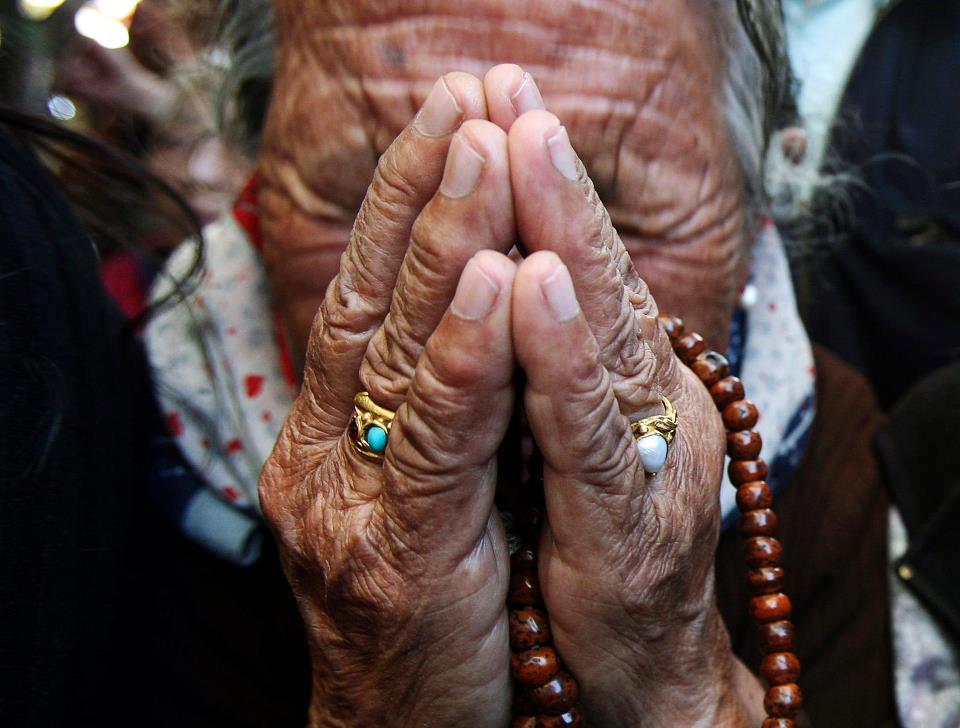 With the new media, the Tibetan issue is now known worldwide
With the new media, the Tibetan issue is now known worldwide
By RS Kalha, Former Secretary, MEA (Tehelka)
MOST PEOPLE in India, when they saw Jamphel Yeshi, a 27 year old Tibetan set himself on fire to protest the arrival in India of the Chinese leader Hu Jintao, could not but have pondered over the sad fate that has befallen a forgotten people. Yeshi was an activist with the Tibetan Youth Organisation who before self-immolating, left a poignant note that read, “The fact that the Tibetan people are setting themselves on fire in this 21st century is to let the world know about their suffering.” Yeshi is not alone, for the figure of Tibetan self-immolations in China has crossed over 30. But is the world listening?Predictably, as if on cue, the Chinese authorities put the blame on the Dalai Lama and accused him of ‘masterminding’ the series of self immolations. The Chinese officials ‘complimented’ the Indian authorities for their ‘handling’ of the situation. Apart from officials, not many in India would be enthused to receive such a compliment! And yet the Chinese refuse to take a second look at what is actually causing such unrest in Tibet. Areas inhabited by Tibetans are under harsh security cover. Many new road checkpoints have been built, manned by heavily armed paramilitary police wearing flak jackets and often carrying small fire extinguishers. The Chinese have also instituted ‘monastic management’ plans with the attempt to control religious life. In addition, over a million national flags and Mao portraits have been distributed, with the latter being compulsory to hang in monasteries. Such heavy-handedness is causing great disaffection amongst the general Tibetan population.
The Tibetans are a gentle people. Before Buddhism arrived in Tibet from India during the 11th century, the Tibetans were animist by religion, savage by nature, revelling in military exploits. Buddhism changed all that, for it preaches against killing any living being and the Tibetans. Its soldiers faded away and Tibet thereafter never threatened anyone. Sadly for the Tibetans, no country has spoken up for them or for their obvious suffering. When a Tunisian street vendor Mohammed Bonazizi self immolated in Tunis on 17 December 2010 he actually helped launch the so-called ‘Arab Spring’ which led to widespread changes in the Arab World. Unfortunately for Jamphel Yeshi, nothing similar seems to have happened. While most are demonstrably anxious about the killings in Syria and the blood bath that followed the defeat of the LTTE in Sri Lanka, few if any are prepared to shed a tear for the hapless Tibetans. Even the UNHRC has failed to notice any human rights violation.
The reasons are not far to seek. No one wishes to annoy the Chinese. China is a permanent member of the UNCS. It is the second largest economy in the world. Its military power is growing steadily. Recently the US was pushed into taking a review of its military posture to meet the growing Chinese military strength. While recognising that the two countries have a stake in the maintenance of stability in East Asia and in building a
‘co-operative’ relationship, the review demanded that China must ‘clarify its strategic intentions’ in order to avoid friction in the region. What was left unsaid was whether China would ‘co-operate’ with the US as it pursues its policies in the region or adopts a strategic profile hostile to US interests.
However, all is not lost for the Tibetans. With the evolution of the new media, the suffering of the Tibetans is now known worldwide. As more such self-immolations take place, the revulsion for Chinese policies in Tibet will grow exponentially. It is time for the Chinese leadership to take note.
http://tibet.net/2012/04/11/all-is-not-lost-for-tibetans/